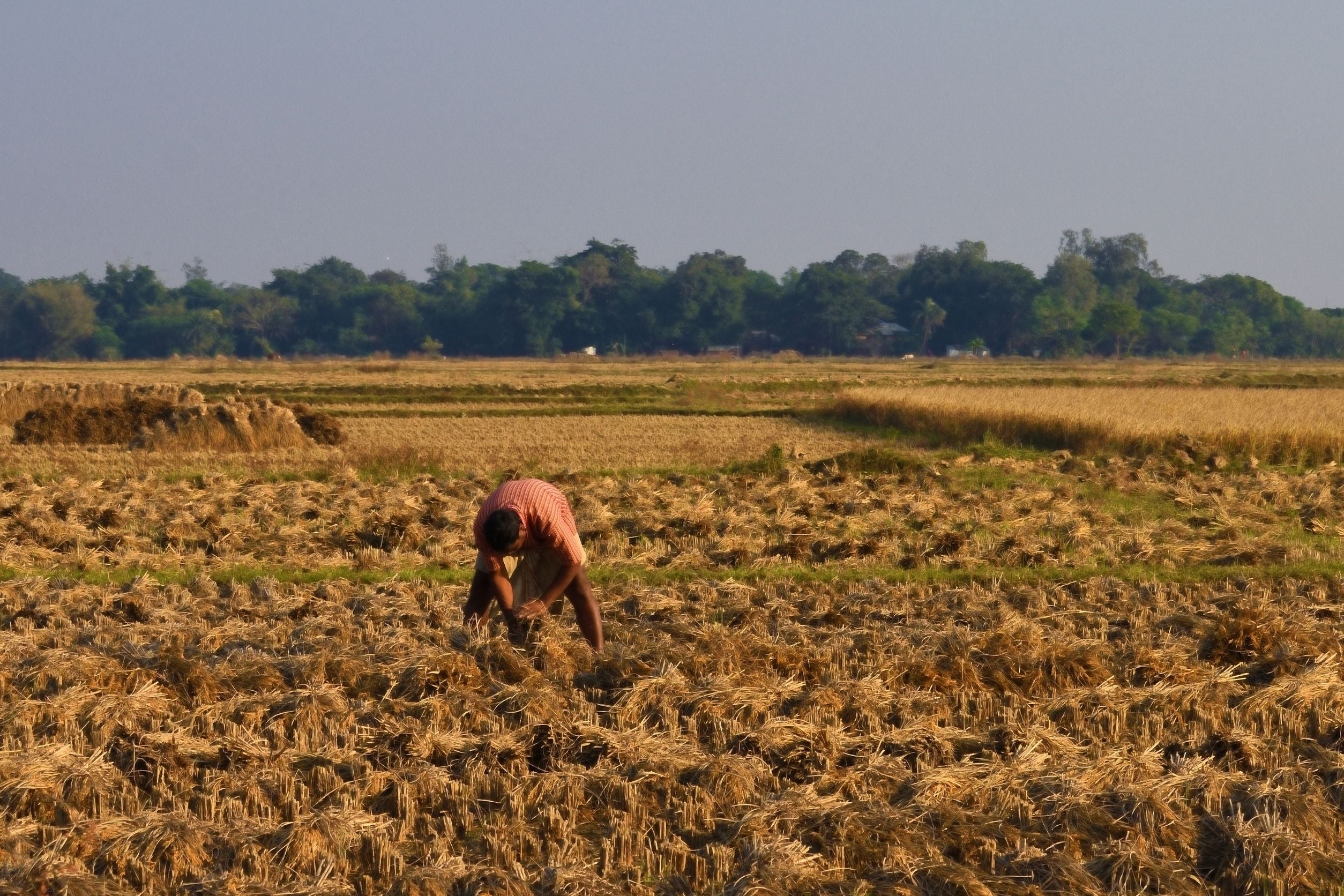Agriculture and climate change go hand in hand. It’s a symbiotic relationship: agriculture affects climate change, and climate change affects agriculture. But what exactly is the effect of climate change on agriculture?
How Exactly Are They Connected?
Agriculture directly contributes to climate change. It’s responsible for 14.5% of all greenhouse gas emissions, though some organizations have estimated its effect to be as big as 50%. Rural land use has an even larger impact, as deforestation currently accounts for an additional 18%. It’s been calculated that over the last 150 years, 476 billion tons of carbon have been emitted from farmland soils because of inappropriate farming practices. Modern farming practices are wreaking havoc on the environment. Large-scale farming of animals is affecting climate systems. Cattle make up 180 kg of methane emissions per year. Compare that to sheep, pigs, and poultry, which make up for an approximated 9.64 kg combined.
Subtle Shifts, Big Consequences
It is clear now how human intervention and modern agricultural techniques increase global temperature. It’s no secret that global temperatures are rising. Commercial animal and fish farming have affected temperatures in the ocean, causing them to rise—and, consequently, causing glaciers to melt. Glacial melting isn’t the only issue, though. Higher temperatures are causing more severe weather systems, pummelling extreme damage on coastal regions. At the time of this writing, this was most recently highlighted by Hurricane Ida.
As ocean temperatures rise, inland crops are left unprotected. Since natural habitats such as wetlands are being destroyed in part because of salt water being pumped into the ecosystem, this leaves crops unprotected. This, in turn, kills off native species and introduces invasive species to an already vulnerable ecosystem. Wetlands and other native habitats cannot be sustained when introduced to saltwater, which is pulled in as a consequence of extreme storms.
When these habitats lose their natural ecosystems, locals who rely on them for their food suffer. The waste pulled in from these super storms succeed in killing ecosystems in all habitats, and this is especially true for water habitats. Artificial fish breeding has become necessary, due to this man made waste that is killing natural water habitats. However, these artificial breeding methods create even greater amounts of artificial waste! This could go on and on, with no apparent signs of slowing, much less stopping. The cycle of pollution and climate change continues, and the only way to stop is if humans say “enough is enough."
Avoiding Climate Doom
All of this sounds awful, and it’s normal to feel helpless or even depressed when learning about the effects of climate change. However, things can change. The earth is not so far gone that it cannot be recovered. Remember that while you can’t do all the good the earth needs, the earth needs all the good you can do.
How Can I Help?
There are many ways people can help slow climate change, especially with their diet. Try doing a weekly Meatless Monday, in which you only eat vegetarian meals every Monday. Not only is Meatless Monday great for the environment, but it’s also great for your health. There’s also Veganuary, where you eat strictly plant based food for the entirety of January. It’s perfect for a New Year resolution! Find petitions to hold big corporations responsible for destructive practices, and keep yourself in good health. When shopping, opt for small or local businesses. The black-owned virtual health store Black Vegan Shop is an excellent way to shop for vegan health supplements. These natural supplements can help you maintain a healthy lifestyle, and you’ll feel good knowing you are supporting local—and helping to save the earth.


